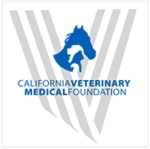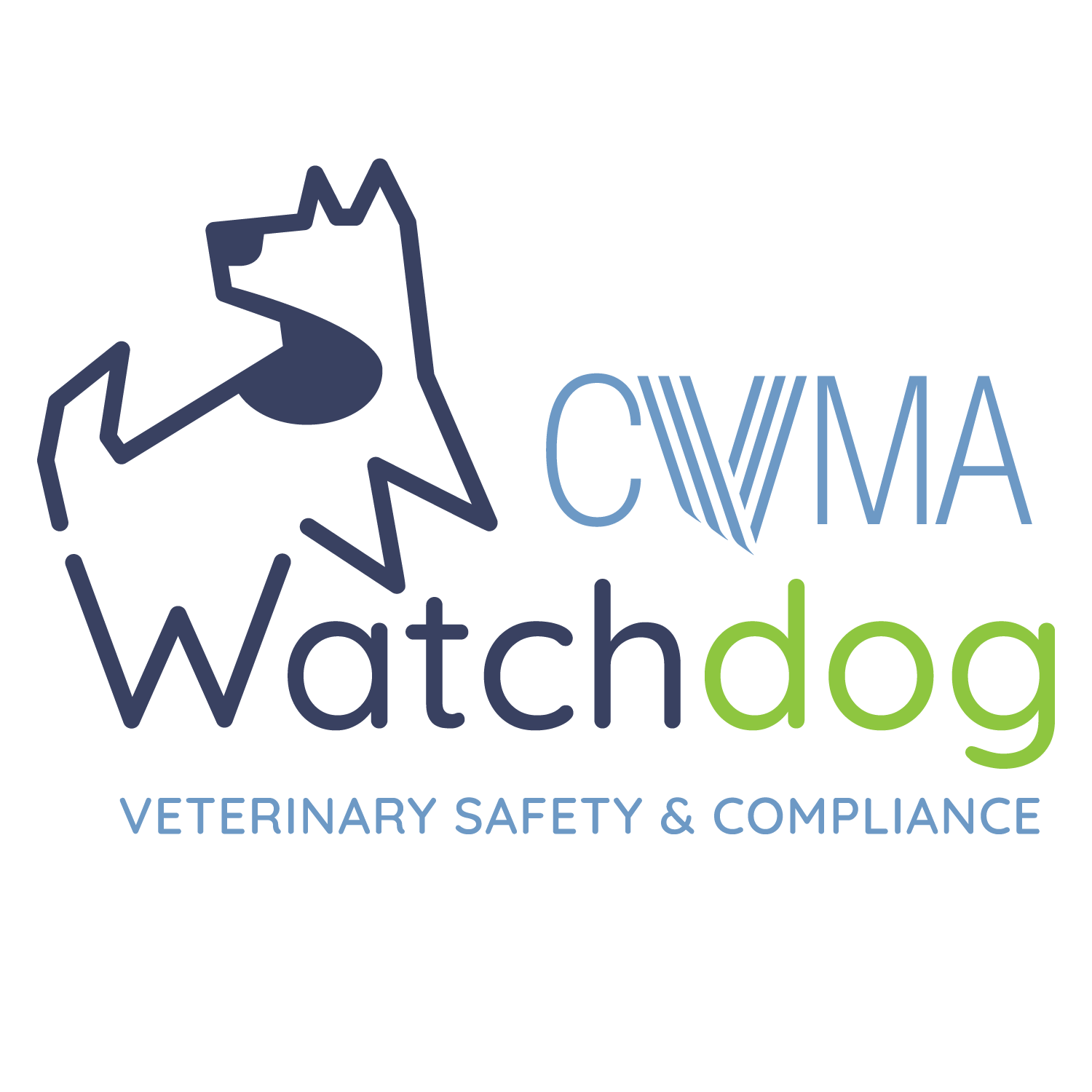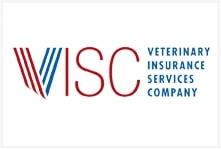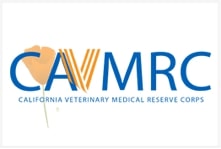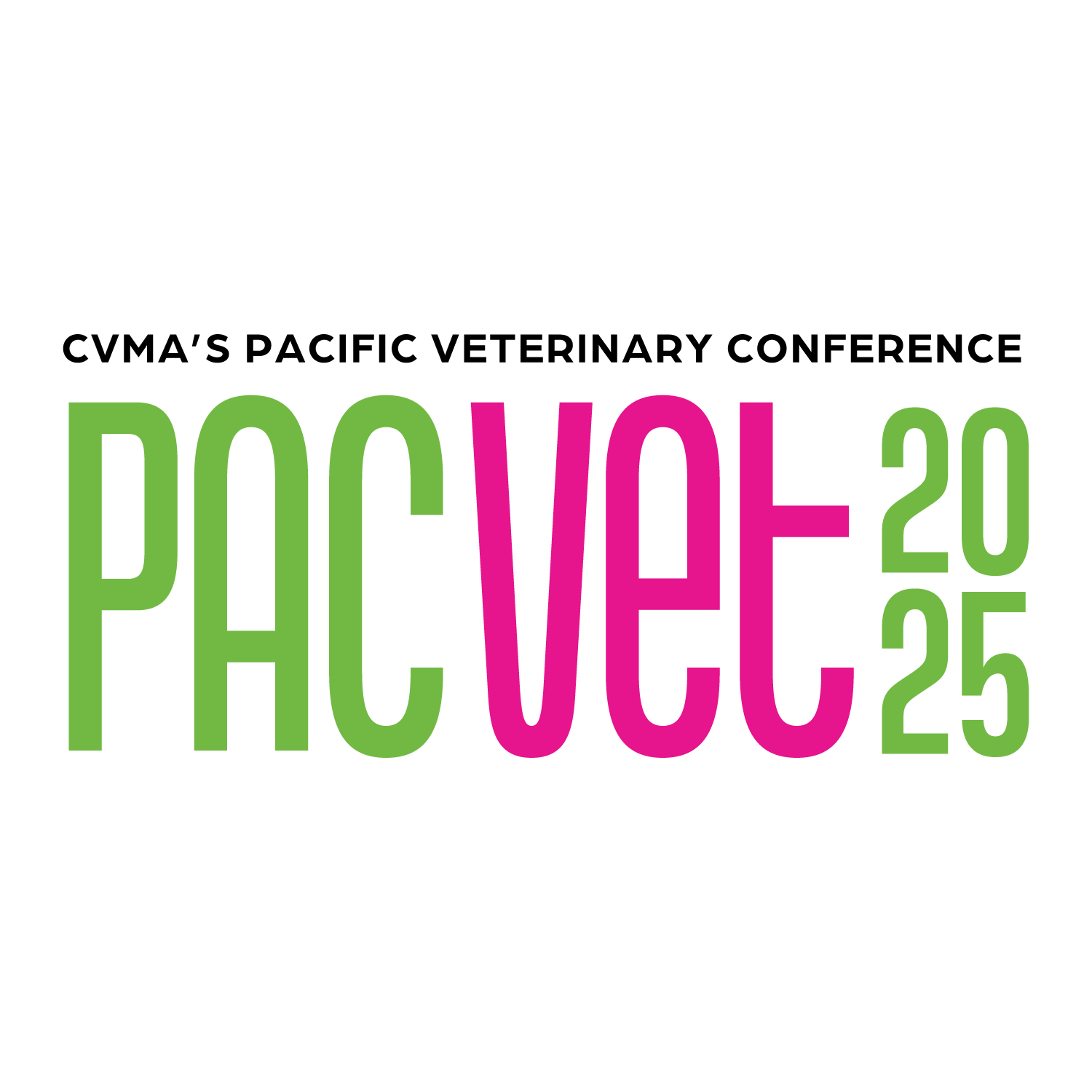Access to Veterinary Care: An Expanded View of Diversity, Equity, and Inclusion
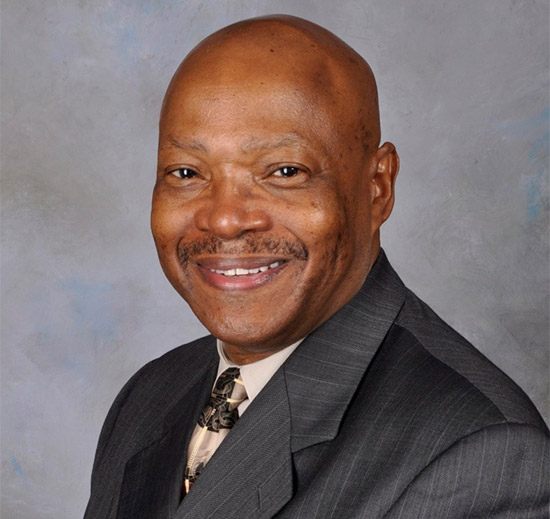
This article was originally printed in the September/October 2022 issue of the California Veterinarian.
A significant diversity, equity, and inclusion (DEI) issue facing the veterinary profession and broader society is the lack of access to veterinary care for many Americans, which threatens the well-being of pets and their families. The primary barrier to families is financial, with more than one out of four families reporting not being able to receive veterinary care, according to a 2018 report released by the Access to Veterinary Care Coalition (AVCC). Demographic, social, and economic trends suggest the problem is likely to worsen before seeing improvement. Veterinary medicine by itself cannot help all who are underserved. Ensuring access to care will require input from other important sectors including social service, public health, finance, and pet health insurance. Commitment from these various industries supporting veterinary care for families with limited means will result in positive change.
Diversity
Underserved families are diverse. The largest affected demographic is comprised of asset-limited, income-constrained, employed (ALICE) persons, whose earnings fall above the Federal Poverty Level but below what is needed for basic essentials. Other affected demographics are retired seniors and those unable to work. Some will argue that a person who cannot afford a veterinarian should not have a pet. Despite the logic in that statement, the reality is that millions of pets live with families of limited means. Considering the physiological and psychological benefits humans derive from the human-animal bond, it is understandable why pets are so prominent in our society.
There are three approaches to addressing those underserved by veterinary medicine:
- Ignore their needs
- Deny them pet companionship
- Help ensure they have access to veterinary care
The first two approaches are untenable. Ignoring the underserved will result in unnecessary suffering and/or premature death for animals and threats to public health. And denying one’s choice to have a nonhuman companion places us on a slippery slope of “regulating” relationships. Consequently, the best solution to the problem is to provide access to veterinary care to all individuals with pets.
The first sentence in the Veterinarian’s Oath contains a pledge to “use my scientific knowledge and skills for the benefit of society.” The society we serve is socioeconomically diverse. It is also biodiverse. The American Pet Products Association’s 2021–2022 “National Pet Owners Survey” reports that approximately 70% of U.S. households have pets. Eighty-eight percent of the respondents in the AVCC’s 2018 study agreed with the statement that pets are family members. Similarly, in a 2015 survey by the Harris Poll, 95% of the respondents considered their pet to be a member of their family. Thus, U.S. families are biodiverse, and these bonded families (characterized by the human-animal bond) deserve access to healthcare for human and nonhuman members. Yet, too many are underserved.
Seeing the recent attention to DEI in veterinary medicine gives me hope that the profession will find a way forward in reflecting the society we serve. But we have a lot of work to do. In addition to focusing on human diversity inequalities related to race, ethnicity, gender, sexual orientation, and other characteristics, our efforts in relation to DEI must place equal importance on the national crisis of access to veterinary care—a crisis that creates health disparities at disproportionate rates among racial minorities, women, and younger people with pets.
One of veterinary medicine’s primary social justice issues is the lack of access to veterinary care. Social justice in this context relates to the opportunity and privilege to receive care and is about equity and inclusion. As the only providers of veterinary care, the veterinary profession has a responsibility to help ensure access to care across society’s socioeconomic spectrum. The barriers to veterinary care primarily reflect the families’ realities and are not caused by the pets. Consequently, a One Health interprofessional (diverse) system is needed to reach a diverse population. Solving this societal problem is beyond what veterinarians alone can accomplish.
Equity
In the context of human healthcare, health equity means all members of society have the opportunity to achieve their highest level of health, and no one is disadvantaged in reaching this potential because of social position or other socially determined circumstances. Such social determinants of health generally apply to pets as well. Achieving health equity for animals and their owners will require valuing everyone equally and ongoing societal efforts to address avoidable inequities. The lack of veterinary care (inequity) affects human as well as animal health. The threat that veterinary care access inequity poses to human physical and mental health is another compelling reason to address this issue. Zoonotic diseases are increasing, as are the populations of vectors. Leaving a section of the pet population untreated will only lead to an uptick in the frequency of diseases affecting human and animal populations.
Access to care inequity is also a detriment to human mental health—not only for the pets’ owners but for veterinary professionals as well. Possessing the knowledge and skills to treat an animal yet being forced to refuse care can lead to moral distress and depression.
Inclusion
Veterinarians are family healthcare providers who focus on the needs of nonhuman family members. From zoonoses prevention and control to safeguarding an owner’s mental and emotional health through the pet’s well-being, the veterinarian is “treating” the whole family. As providers of family healthcare, interprofessional collaborations yield better outcomes for all. Veterinary social workers (VSWs) are essential professionals facilitating the veterinarian’s role as a provider of family healthcare. VSWs are trained to meet human needs at the intersection of veterinary and social work practice. As members of the veterinary care team, VSWs enable the veterinarian-client-patient relationship (VCPR) to function at new and more effective levels. The veterinary care team can benefit from the support of a VSW—as well as the pet’s family.
Unfortunately, families are faced with healthcare systems that largely operate in silos. Family medical history about human and nonhuman members is not in a centralized database, thus making it very difficult to “see” the family as a whole. Also, human healthcare providers may not factor in the presence and influence of nonhuman family members on the physical or mental health of their patient. In the case of zoonoses, this can lead to misdiagnosis or a delay in diagnosing a problem associated with the nonhuman in the family. Interprofessional clinical care will better serve our bonded-family society by strategically connecting the silos, if not outright tearing them down. Many challenges veterinarians face in reaching the pet needing help are human-related. Often, the client and veterinary care team will benefit from having other professionals assist. After all, the barriers to veterinary care are almost always human-related.
DEI: An Expanded View
Access to veterinary care is a complex challenge that should not be ignored. This challenge transcends race, ethnicity, gender, and sexual preference, to name a few. Only through intent can we improve DEI in veterinary medicine. Likewise, it is only through intent that we can improve access to veterinary care.
Let’s embrace an expanded view of DEI in veterinary medicine, which means appreciating that:
- Veterinarians serve a (bio)diverse society, i.e., bonded families.
- All members of families deserve the potential for healthcare.
- Inclusive interprofessional teams in One Health systems are better positioned to serve our diverse bonded family society.
Dr. Michael Blackwell is the director of the Program for Pet Health Equity at the University of Tennessee. He founded AlignCare Health, a One Health system that aims to improve access to veterinary care. Previously, Dr. Blackwell served as the dean of the College of Veterinary Medicine at the University of Tennessee, the chief of staff for the U.S. Office of the Surgeon General, and the deputy director of the Food and Drug Administration’s Center for Veterinary Medicine. He has received numerous awards, including the Distinguished Service Medal, which is the highest personal honor award of the U.S. Public Health Service.

The CVMA-PAC
It’s Not About Politics….It’s About Your Profession. The CVMA-PAC is a bipartisan political action committee whose purpose is to educate state legislators and candidates on issues of importance to the veterinary profession

